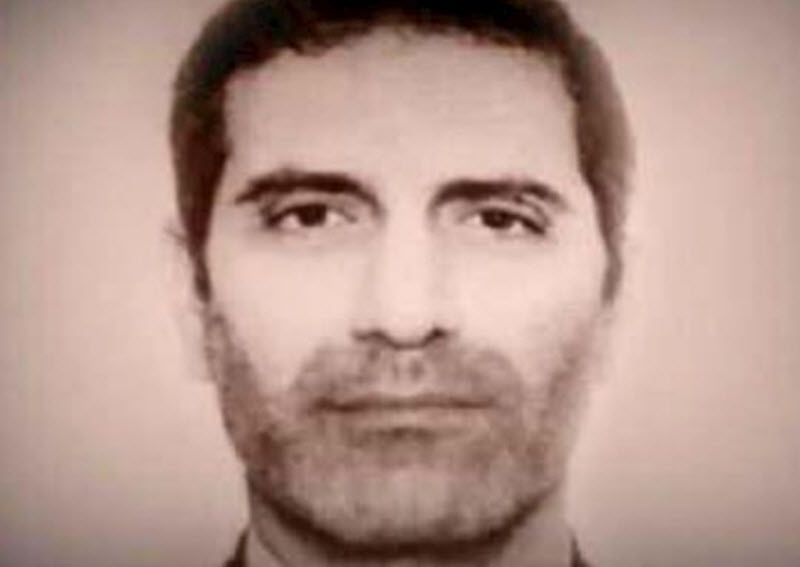
by Armin Baldwin
Iran diplomat and three other held over terror plot against resistance in Europe
An Iranian diplomat allegedly involved in the attempted bombing of an Iranian opposition rally in France last month was charged in Germany on Wednesday with activity as a foreign agent and conspiracy to commit murder.
Assadollah Assadi, a Vienna-based diplomat, is suspected of contracting two Iranian people in Belgium to attack the annual meeting of opposition group, the National Council of Resistance of Iran (NCRI) in Paris on June 30, according to German federal prosecutors.
Prosecutors wrote a statement that explained how Assadi had allegedly given the Antwerp-based pair, named as Amir Sadouni and Nasim Naami, a device containing 500 grams of the explosive TATP when they met in Luxembourg in late June.
Assadi was arrested on a European warrant in Aschaffenburg, Germany, after the two potential bombers were caught with powerful explosives in their car in Belgium. They had pretended to be supporters of the NCRI.
The German prosecutors wrote that Assadi, who has been working in Vienna’s Iranian Embassy since 2014, is a member of the Iranian Ministry of Intelligence and Security tasked with “the intensive observation and combating of opposition groups inside and outside of Iran”.
On Tuesday, US Secretary of State Mike Pompeo accused Iran of using its European embassies to plot terrorist attacks.
He said: “Just this past week there were Iranians arrested in Europe who were preparing to conduct a terror plot in Paris, France. We have seen this malign behaviour in Europe.”
Belgian authorities also want Assadi extradited to face terror charges in Belgium, which the German prosecutors have agreed to.
Meanwhile, another Iranian who lives in Belgium and was arrested in France agreed on Wednesday to extradition to Belgium. Mehrdad Arefani, 54, will be handed over within 10 days, according to a French official who requested anonymity as they were not authorised to speak publically on the case.
The NCRI’s Security and Anti-terrorism Committee issued a statement on the terror plot, which read: “ [The] Iranian Resistance had repeatedly warned before against the terrorist preparations by the mullahs’ diplomats and the mercenaries of the MOIS and the Quds Force in various European countries including Belgium.”
They went onto explain how that European intelligence organisations have consistently agreed with this assessment and that the NCRI were the main targets of the attack, with the EU even ordering in 1997 that the mullahs’ mercenaries and intelligence and security agents be expelled from the member states and not allowed to re-enter.
The NCRI wrote: “In this regard, the Iranian Resistance called for the closure of the embassies and agencies of the mullahs’ regime, the centers of terrorism and espionage, and the expulsion of diplomats and the agents of intelligence and terrorist Quds Force from the European countries, and emphasized the need to disclose and publish all details of the case. Public opinion must be fully informed about the mullahs’ regime’s terrorist plots. This is necessary to ensure the security of Iranian refugees and dissidents.”







